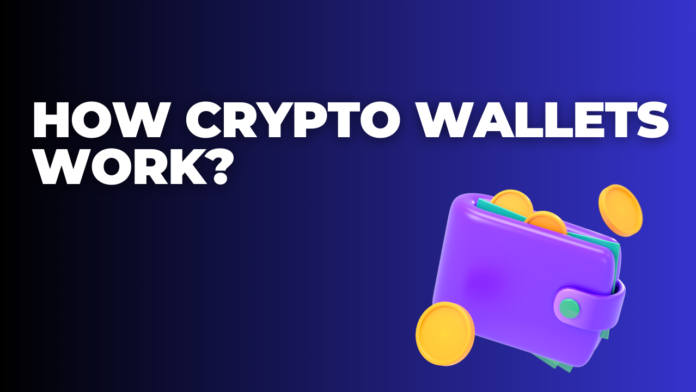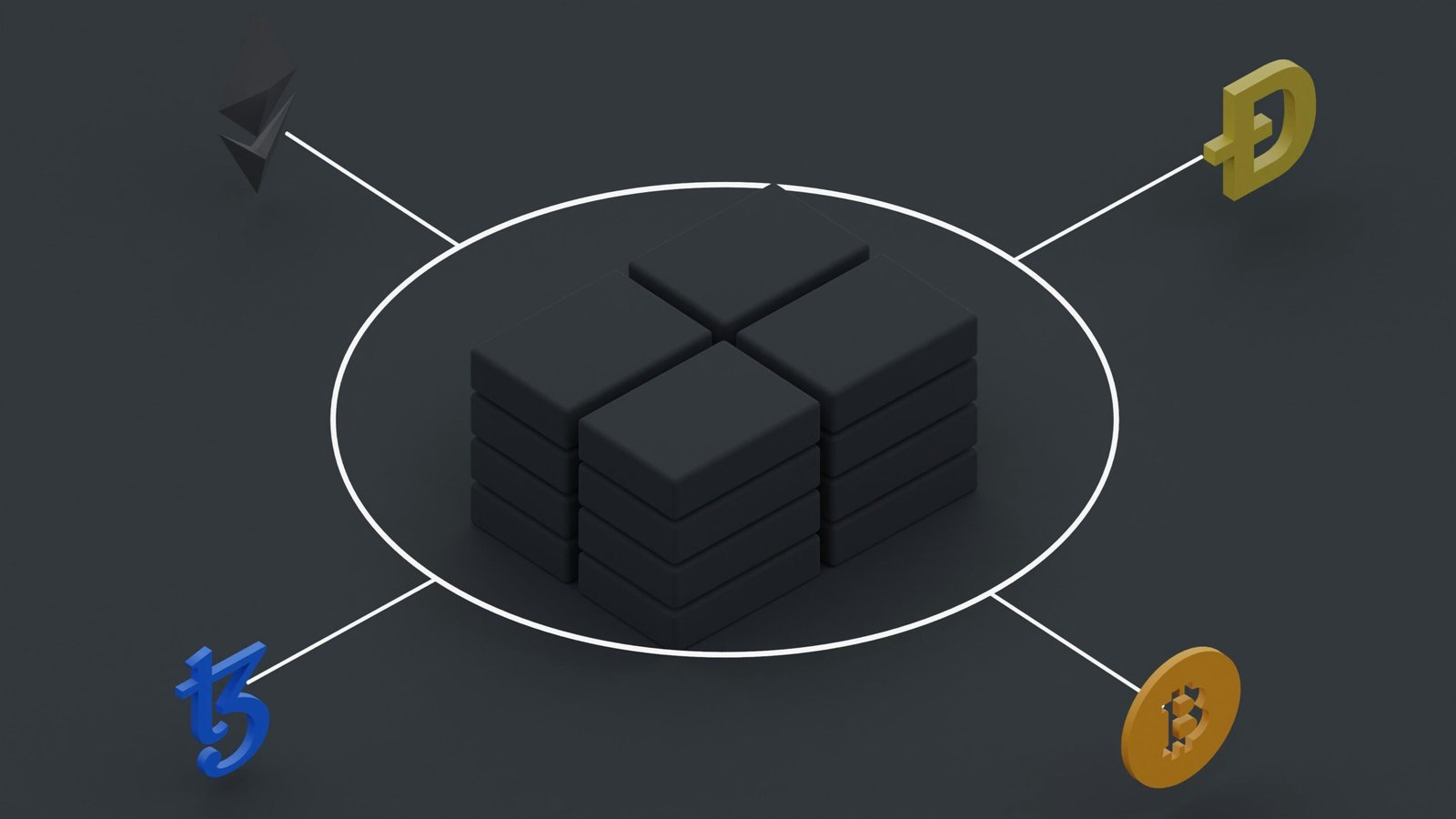How Crypto Wallets Work
Public and Private Keys
Definition and Role
Public and private keys form the foundation of every crypto wallet. The public key is like your bank account number—it’s shared with others to receive funds. The private key is akin to your PIN or password—it’s kept secret and used to sign transactions.
Generating Wallet Addresses
How It’s Done
Wallet addresses are generated through a combination of your public key and a hashing algorithm. This address is provided to others for receiving cryptocurrency.
Transacting with Crypto Wallets
Sending and Receiving Cryptocurrency
To send cryptocurrency, you need the recipient’s wallet address and your private key to authorise the transaction. Receiving cryptocurrency only requires sharing your public wallet address.

Security Features of Crypto Wallets
Encryption
Encryption is the first line of defence in protecting your wallet. It ensures that your private keys and sensitive information are scrambled and unreadable to unauthorised users.
Multi-Factor Authentication
Adding an extra layer of security, multi-factor authentication (MFA) requires additional verification steps, like a text message code or biometric scan, to access your wallet.
Backup and Recovery
Regular backups are crucial. Many wallets provide a recovery phrase—a series of words that can be used to restore your wallet in case of loss or damage.

How to Set Up a Crypto Wallet
Choosing the Right Wallet
Consider your needs—are you looking for convenience or security? Hot wallets are great for frequent use, while cold wallets are better for storing large amounts.
Installation and Setup Process
Most wallets are straightforward to install. Download the app or software, follow the setup instructions, and create your private and public keys.
Securing Your Wallet
Immediately after setting up, enable all security features like MFA, and securely store your recovery phrase.
Managing Your Crypto Wallet
Monitoring Transactions
Frequently review your transaction history to detect any unauthorised activities.
Keeping Software Update
Keep your wallet software current to safeguard against potential security threats.
Regular Backups
Keep a backup of your wallet in a secure place, updating it whenever you make significant changes or transactions.

Common Issues with Crypto Wallets
Lost Keys
Misplacing your private key results in losing access to your funds. Always store your keys securely and use backup options.
Phishing Attacks
Be wary of phishing attempts where attackers try to steal your private keys or personal information through deceptive emails or websites.
Software Bugs
Occasional bugs can occur. Keeping your wallet software updated minimises risks, and using well-reviewed wallets can help avoid this issue.

How to Choose the Right Crypto Wallet
Assessing Your Needs
Determine whether you need a wallet for daily transactions or long-term storage.
Comparing Different Wallets
Look at different wallet types, their features, and user reviews to find the best fit for your needs.
Reviews and Recommendations
Consult online reviews and recommendations from trusted sources to help make your decision.
Pros and Cons of Using Crypto Wallets
Advantages
- Control: You maintain complete authority over your funds.
- Security: High level of security compared to keeping funds on exchanges.
- Privacy: Enhanced privacy and anonymity.
Disadvantages
- Complexity: Requires some technical knowledge.
- Responsibility: You are responsible for securing your keys.
Future of Crypto Wallets
Technological Advancements
Expect more user-friendly interfaces, enhanced security features, and integration with traditional banking systems.
Increased Adoption
As cryptocurrencies become more mainstream, more people will use crypto wallets, leading to better options and support.
Potential Challenges
Regulatory changes and technological challenges may arise, but innovation will continue to drive the industry forward.
Conclusion
Crypto wallets are an essential part of the cryptocurrency system.They offer security, control, and convenience, making them essential for anyone involved in the crypto space. By understanding how they work and the various types available, you can choose the best wallet to meet your needs.
FAQs
1.What is the difference between a hot wallet and a cold wallet?
Hot wallets are connected to the internet and are more convenient for frequent transactions, while cold wallets are offline and provide higher security for long-term storage.
2. How do I keep my crypto wallet secure?
Use encryption, enable multi-factor authentication, and regularly back up your wallet.
3.Can I recover my crypto if I lose my wallet?
If you have your recovery phrase, you can restore your wallet and access your funds.
4.What are the most trusted crypto wallet providers?
Some of the most trusted providers include Ledger, Trezor, and MetaMask.
5.How often should I update my crypto wallet software?
Regularly update your wallet software to protect against vulnerabilities and ensure you have the latest features.

